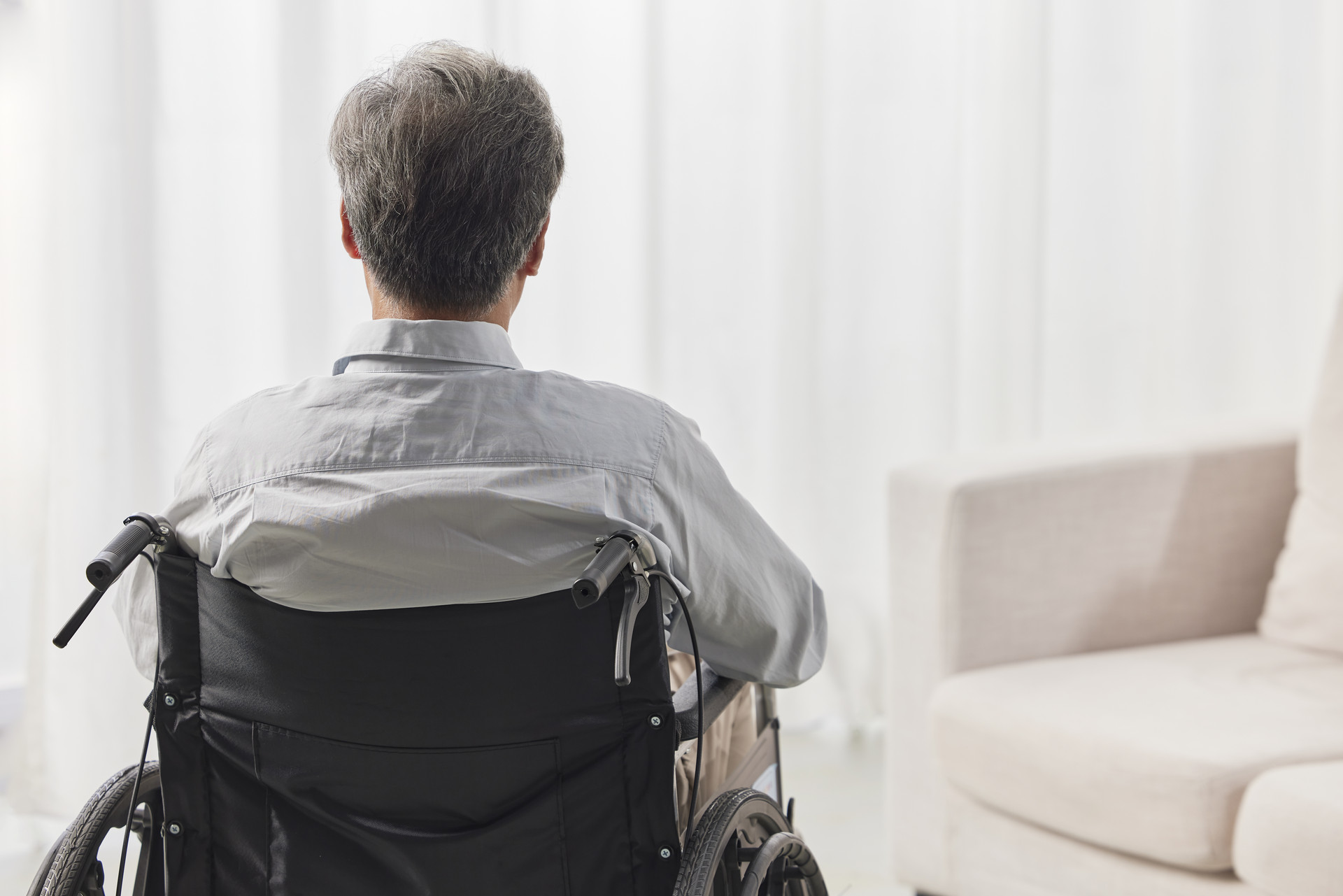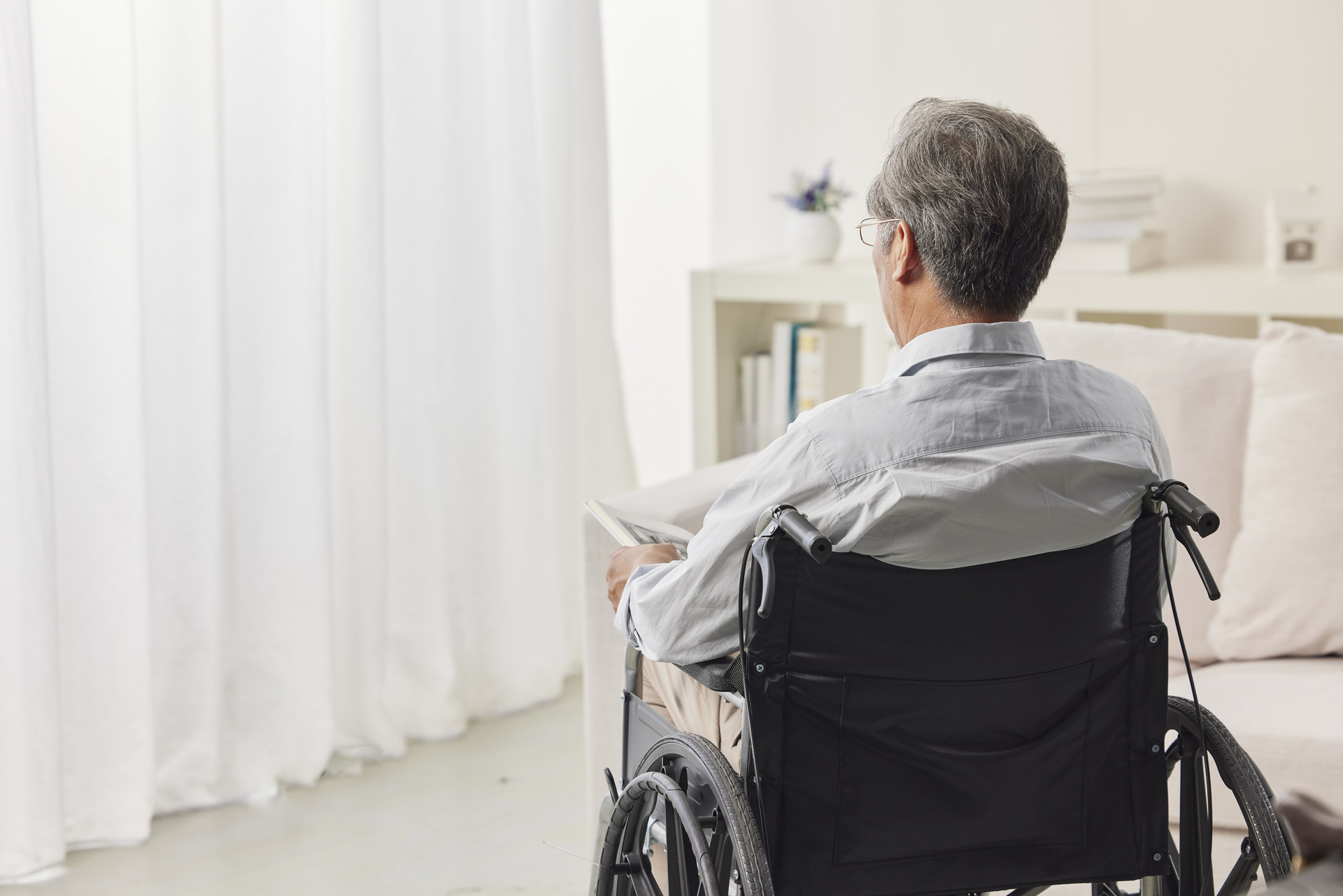Modern people's life and work pressure is getting bigger and bigger, which also creates more and more people sleep less and less; on the other hand, more and more people join the weight loss army; in the general range of common sense, may think that sleep less time, will be easier to lose, but in fact sleep less time will trigger obesity, which makes you a big shock? Come to understand how it is.
Will less sleep make you fat?
In many different observational studies, the number of hours of sleep and obesity have a consistent and significant "negative correlation. In other words: the less you sleep, the heavier you are. A large-scale general health survey (NHANES) conducted on Americans found that people who slept less than 7 hours a day had a much higher chance of becoming obese.
Research in the Swiss metropolitan area also pointed out: the less sleep young people, in the 40 years of age, the higher the proportion of fat. Even after taking into account genetics, exercise habits, and original body shape, each additional hour of sleep can still reduce the chance of obesity by 50%. This means that lack of sleep is an "independent risk factor" for obesity.
Why less sleep makes you fat
Paradoxically, the longer one stays awake, the more calories one should burn. If a person maintains the same caloric intake, less sleep should make him thinner.
To understand the relationship between sleep and obesity, we must first look at the hormonal damage caused by lack of sleep, these hormonal changes are likely to be the biggest culprits of the night owl fat.
Stress hormone (cortisol)
Just one night of sleep deprivation or no sleep at all will cause a 37% and 45% rise in blood cortisol, respectively. Under normal conditions, stress hormones are our best friends, helping us to face various physical and mental stresses. But chronic sleep deprivation may cause a chronic rise in stress hormones and damage to health. Symptoms include: central obesity, edema, high blood pressure, insomnia, high blood sugar, and hair loss. College students before finals should be no stranger to this phenomenon.
Decreased insulin sensitivity
Insulin is the most important hormone in the body for storing energy. Decreased insulin sensitivity is considered an important risk factor for obesity and diabetes.
Just one night of sleep deprivation can reduce insulin sensitivity by up to 25%. Maybe you think you're young and strong and far from diabetes, but take a look at the next study: 11 young, healthy men experienced metabolic changes similar to pre-diabetes after "only" six consecutive nights of sleep deprivation.
Diabetes and six consecutive nights of sleep deprivation are not uncommon problems in modern society, and their association should not be overlooked.
Decreased leptin
Leptin is the key hormone in charge of the body fat and thin, 20 years ago was once considered by the scientific community as a miracle cure for obesity. Unfortunately, subsequent studies have concluded that leptin supplementation alone does not lead to weight loss (to the relief of diet pill manufacturers).
Scientists went further and found that leptin controls the body's fat mass, appetite, satiety, and metabolic rate. When food sources are lacking (dieting, famine), leptin also decreases to stimulate appetite, lower metabolic rate, and sacrifice some bodily functions to help the individual get through the difficult times.
Here's the kicker: Spiegel et al. found that young men who slept only four hours two nights in a row had an 18% drop in body leptin concentration leptin. This means that lack of sleep can cause your body to mistake hunger for famine and start overeating and storing fat (again, diet pill manufacturers are pleased).
Hunger hormone rises
In the above leptin study, researchers also found that the hormone Ghrelin, which governs hunger, increased by 28% after two consecutive nights of sleep deprivation.
As a result of the hunger hormone, the subjects experienced a significant increase in appetite and hunger. The young men said they were particularly eager to eat carbohydrate-rich foods, such as sweets, salty snacks, and starchy foods, after staying up late.
I'm sure the owner of Seven usually has a subscription to scientific journals and knows that he wants to fill his 24-hour store with sodas, chocolates, and yam chips.
Tips
Eating too much and moving too little will make people fat, which may be common knowledge to many people, but the concept of "not getting enough sleep will make you lose weight" is often ignored by weight-losers. Past observational studies have consistently concluded that lack of sleep is an important risk factor for obesity, and the mechanism behind it has been further answered in the laboratory.
Sleep deprivation triggers a variety of adverse hormonal changes, prompting the body to store energy, increase hunger, and even lower the metabolic rate. Snack and fast food operators are particularly aware of this phenomenon of night owls, and it is no wonder that the 24-hour fast food restaurants are thriving.
If you try to exercise, control the diet still do not see results, perhaps sleep is another you should take a good look at the face.












